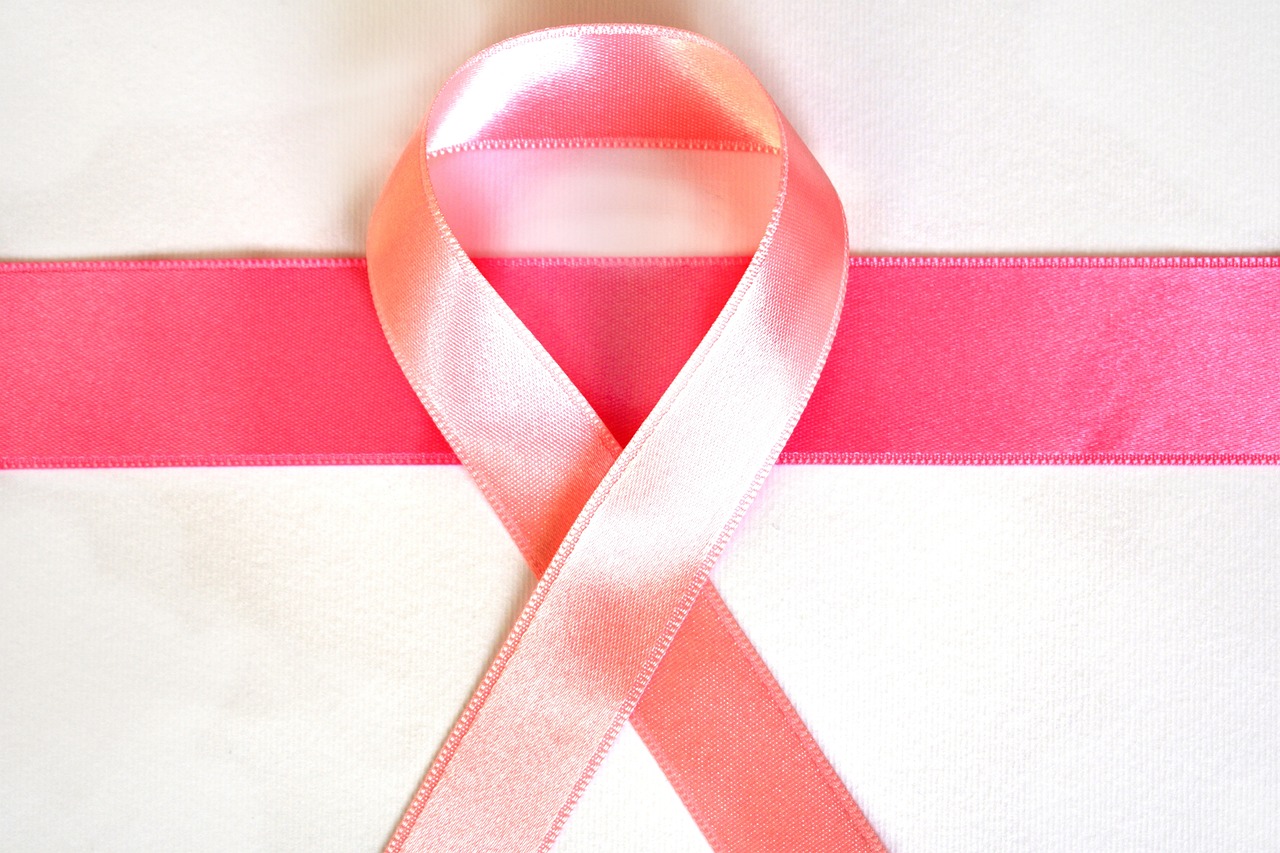News release
From:
JAMA
AI Algorithm for Subclinical Breast Cancer Detection
About The Study: In this retrospective cohort study of women undergoing screening mammography, mean absolute artificial intelligence (AI) scores were higher for breasts developing vs not developing cancer 4 to 6 years before their eventual detection. These findings suggest that commercial AI algorithms developed for breast cancer detection may identify women at high risk of a future breast cancer, offering a pathway for personalized screening approaches that can lead to earlier cancer diagnosis.
Attachments
Note: Not all attachments are visible to the general public.
Research URLs will go live after the embargo ends.

Research
JAMA, Web page
The URL will go live after the embargo ends
Journal/
conference:
JAMA Network Open
Organisation/s:
Norwegian Institute of Public Health, Norway
Funder:
The study was supported by the Cancer Society of Norway, and the Pink Ribbon Campaign
sponsored this study (grant 214931). Drs Lee and Miglioretti are funded in part by the National Cancer Institute
(grants R01CA262023 and P01CA154292).We thank Lunit Inc for the research use of their commercial AI
algorithm.



 International
International



